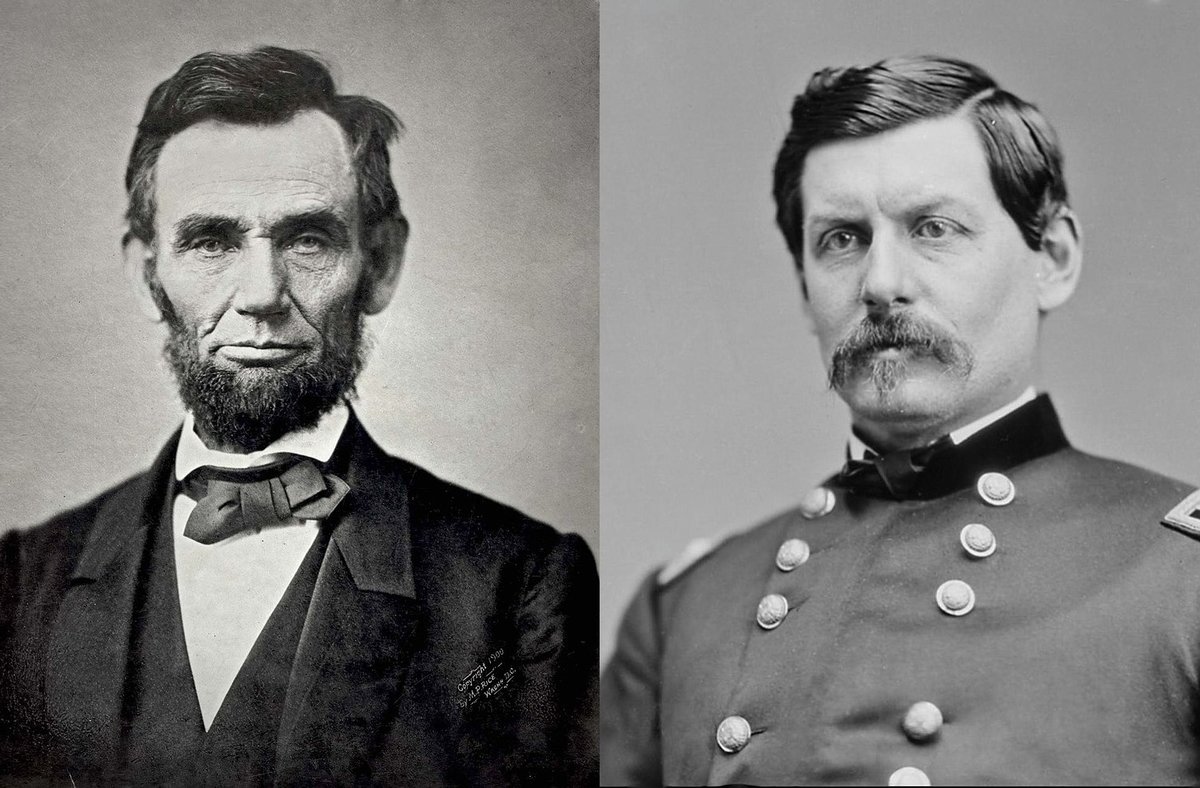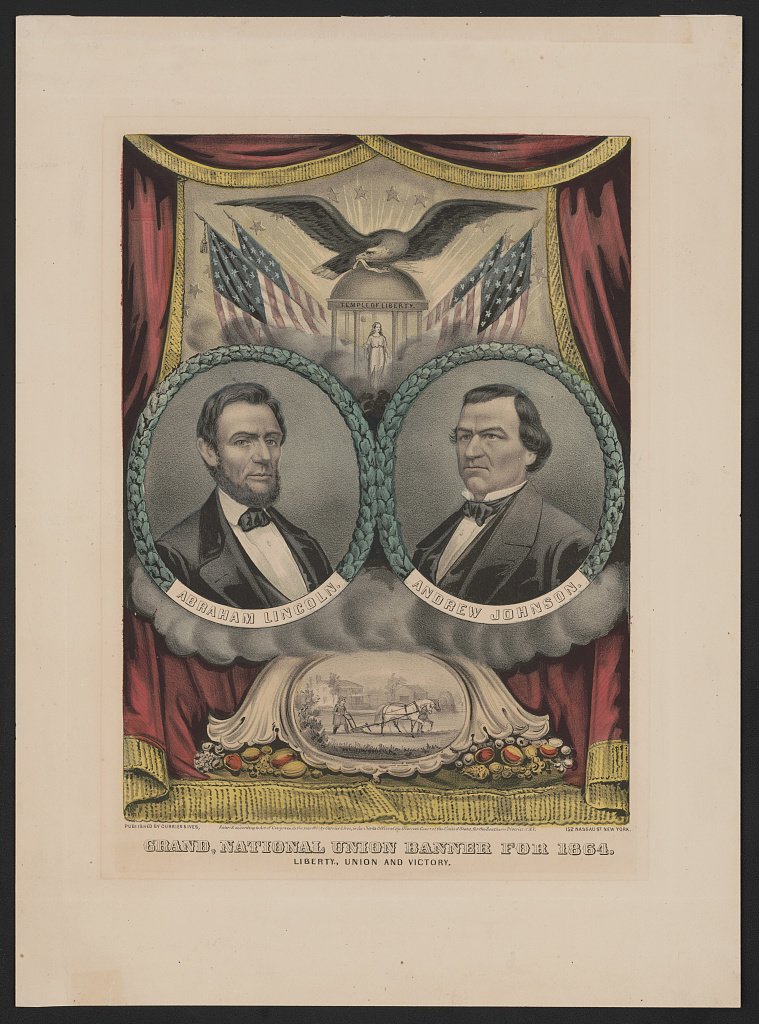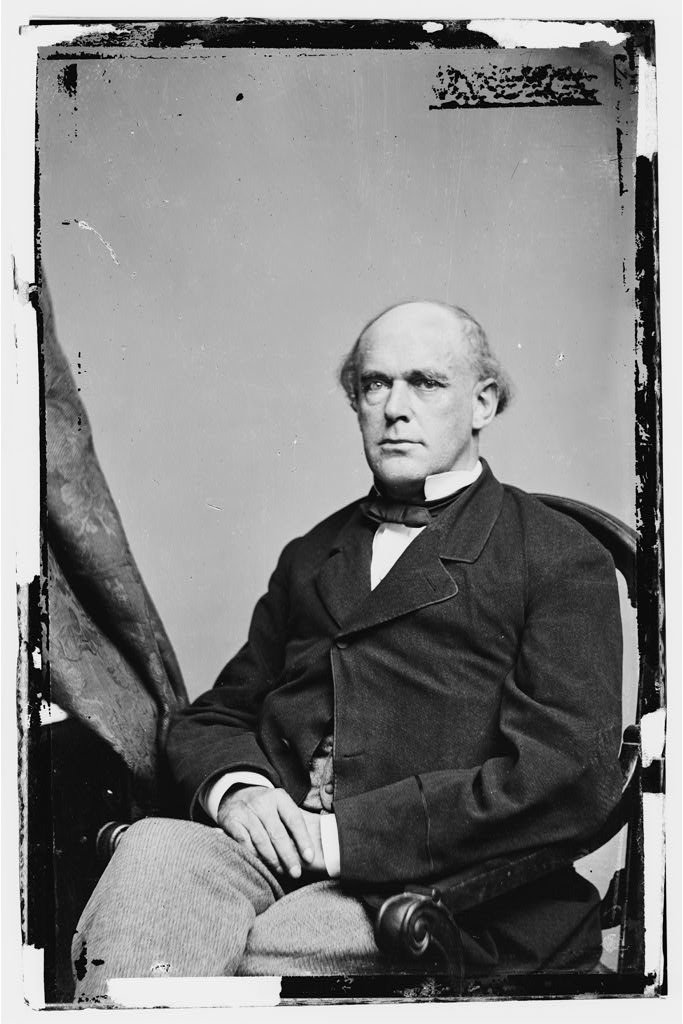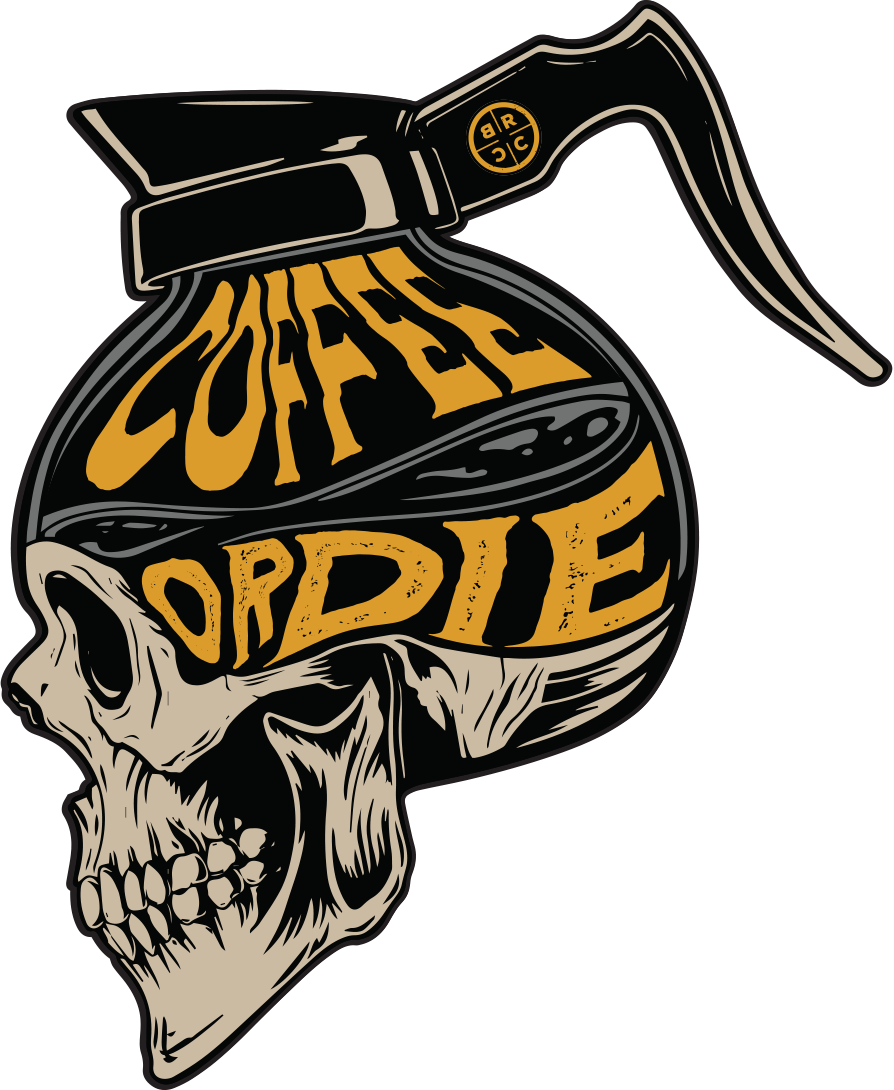The Outlook in 1864: Lincoln Feared Election Would Destroy Republican Party

Held in late 1864, near the end of the Civil War, the presidential election pitted incumbent President Abraham Lincoln against the Democratic nominee, ex-US Army Gen. George B. McClellan. Coffee or Die Magazine composite.
The outlook was not promising in 1864 for President Abraham Lincoln’s reelection.
Hundreds of thousands of Americans had been killed, wounded or displaced in a civil war with no end in sight. Lincoln was unpopular. Radical Republicans in his own party doubted his commitment to Black civil rights and condemned his friendliness to ex-rebels.
Momentum was building to replace him on the ballot with Treasury Secretary Salmon P. Chase. A pamphlet went viral arguing that “Lincoln cannot be re-elected to the Presidency,” warning that “The people have lost all confidence in his ability to suppress the rebellion and restore the Union.” An embarrassed Chase offered Lincoln his resignation, which the president declined.
The fact remained that no president had won a second term since Andrew Jackson, 32 years and nine presidents earlier. And no country had held elections in the midst of civil war.

Some urged that the June Republican convention be postponed until September to give the Union one more shot at military victory. Other Republicans went further, arguing that the country should “postpone … a Presidential election for four years more … (until) the rebellion will not only be subdued, but the country will be tranquillized and restored to its normal condition.”
Holding the election during civil war would render “the vote … fraudulent,” argued the New York Sunday Mercury, in a widely reprinted article. The nation would “flame up in revolution, and the streets of our cities would run with blood.”
But Lincoln’s party renominated him. He was a canny political strategist who calculated that nominating Democratic Unionist and military Governor of Tennessee Andrew Johnson for vice president would attract disaffected Democrats and speed national reunification.
Johnson proved to be a disastrous choice for Black civil rights, but in 1864 his candidacy shrewdly balanced the ticket.

Yet a military victory that could also help Lincoln’s standing and prospects was elusive. General Ulysses S. Grant led the Overland Campaign against Confederates, led by General Robert E. Lee, across much of eastern Virginia that spring. After 55,000 Union casualties – about 45% of Grant’s army – Grant laid siege to Petersburg.
By the time Democrats met in August to nominate General George B. McClellan, there was still no end in sight to the war. Lincoln had removed McLellan from command of the Union Army of the Potomac in 1862, but the general was still a commissioned officer. Yet McClellan’s party was in disarray. He opposed a peace settlement with the Confederacy while the Democratic Party platform committed him to it.
Without scientific polling, Lincoln and his advisers predicted defeat.
At the end of August, Lincoln wrote to his Cabinet, “it seems exceedingly probable that this Administration will not be re-elected. Then it will be my duty to so co-operate with the President elect, as to save the Union between the election and the inauguration; as he will have secured his election on such ground that he can not possibly save it afterwards.”

Abraham Lincoln understood that the war for the Union was about the integrity of a constitutional republic, not the president or the party. It was about “a new birth of freedom” and not about him. And that meant his victory in the election was less important to him than the fate of the entire country.
Yet Lincoln also made contingency plans in the event he lost, asking Frederick Douglass to help free enslaved people in rebel-held areas.
It was a bitter campaign. Lincoln’s opponents tarred him with racist and bestial characterizations. Republicans fought back, charging Democrats with being treasonous.
But no slogan discrediting the opposition was as effective in building support for Lincoln as the September Union military victories at Mobile Bay and Atlanta.

General Grant made sure soldiers voting absentee sent their mail-in ballots. He furloughed others to go home to vote in person.
Even on the eve of the election, there were still calls to delay or cancel the vote.
Lincoln, who would go on to win, assured those critics, “We cannot have free government without elections; and if the rebellion could force us to forego, or postpone a national election it might fairly claim to have already conquered and ruined us.”
This story appeared first in The Conversation on Aug. 6, 2020. The Conversation is a community of more than 135,400 academics and researchers from 4,192 institutions.
Read Next:

Coffee or Die is Black Rifle Coffee Company’s online lifestyle magazine. Launched in June 2018, the magazine covers a variety of topics that generally focus on the people, places, or things that are interesting, entertaining, or informative to America’s coffee drinkers — often going to dangerous or austere locations to report those stories.
BRCC and Bad Moon Print Press team up for an exclusive, limited-edition T-shirt design!
BRCC partners with Team Room Design for an exclusive T-shirt release!
Thirty Seconds Out has partnered with BRCC for an exclusive shirt design invoking the God of Winter.
Lucas O'Hara of Grizzly Forge has teamed up with BRCC for a badass, exclusive Shirt Club T-shirt design featuring his most popular knife and tiomahawk.
Coffee or Die sits down with one of the graphic designers behind Black Rifle Coffee's signature look and vibe.
Biden will award the Medal of Honor to a Vietnam War Army helicopter pilot who risked his life to save a reconnaissance team from almost certain death.
Ever wonder how much Jack Mandaville would f*ck sh*t up if he went back in time? The American Revolution didn't even see him coming.
A nearly 200-year-old West Point time capsule that at first appeared to yield little more than dust contains hidden treasure, the US Military Academy said.












